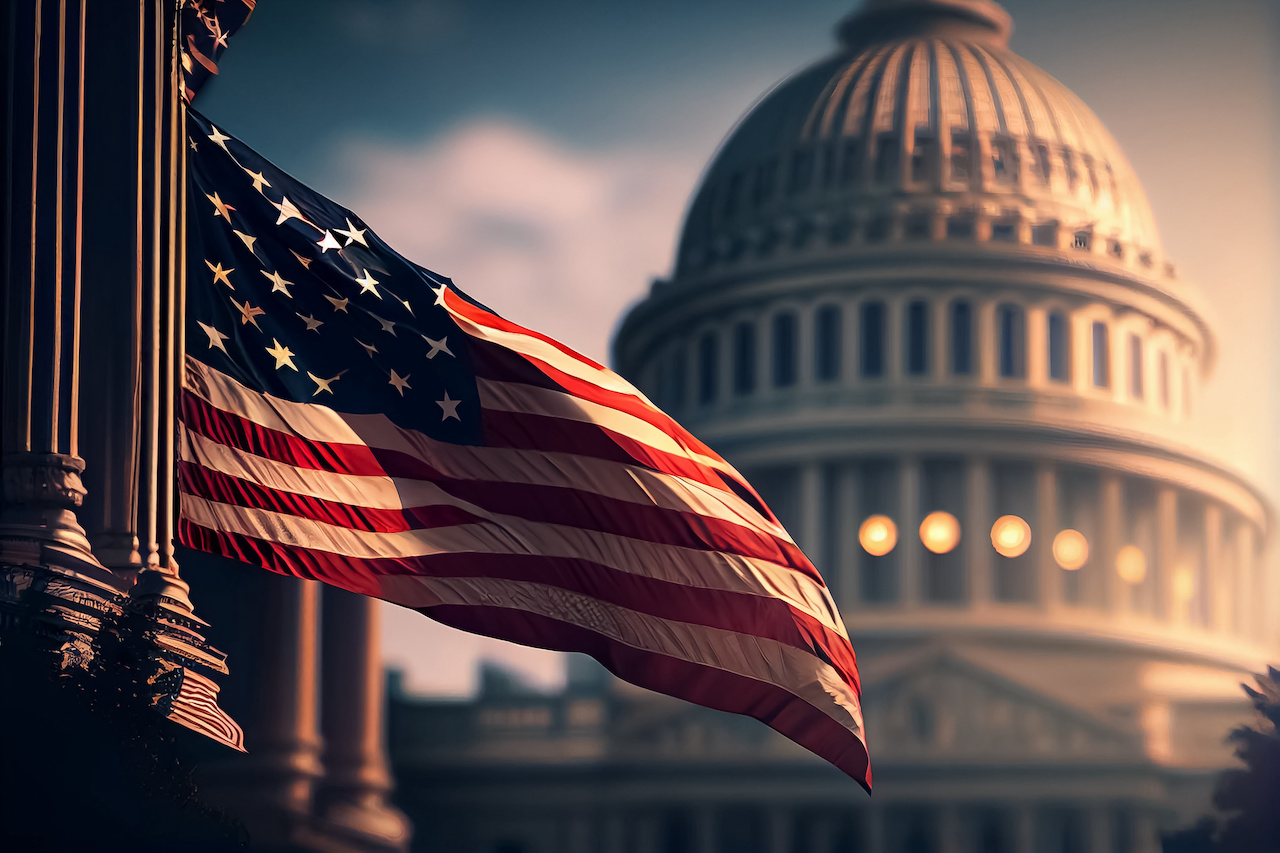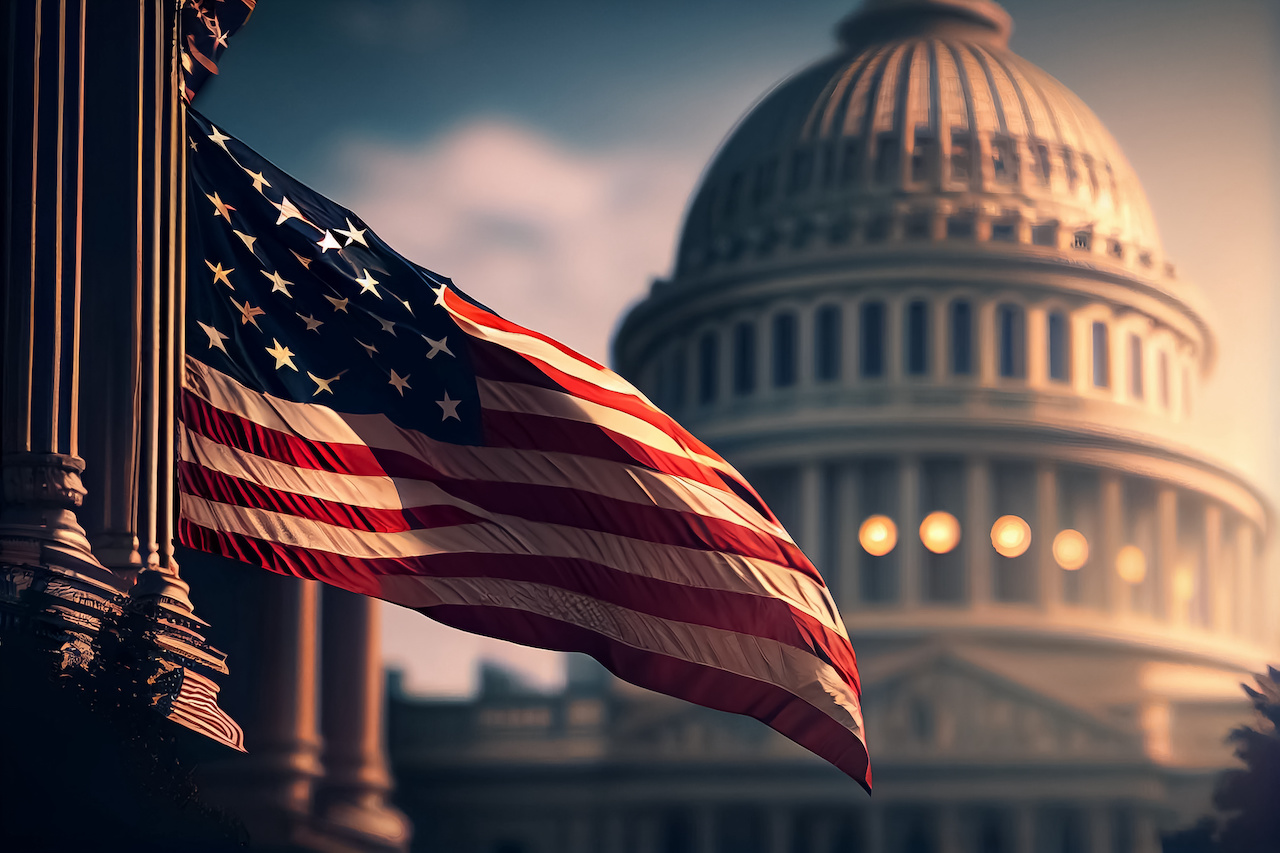Despite Government Shutdown Worries, Stablecoin Legislation Pushed by McHenry

The US House of Representatives’ Financial Services Committee Chair Patrick McHenry on Friday reaffirmed his commitment to regulating stablecoins, despite a potential government shutdown looming at the time.
Speaking at a forum organized by stablecoin issuer Circle in New York, McHenry stated that he’s determined to advance stablecoin regulation and aims to get it to President Biden’s desk to be signed into law.
“Things are complicated right now. But I’m gonna do my best to get this to the president’s desk,” McHenry said in an online forum hosted by USDC-issuer Circle, per a report from Decrypt.
The commitment to stablecoin regulation was communicated before lawmakers over the weekend finally managed to reach a compromise to avoid a government shutdown.
Two digital asset bills
McHenry’s House Financial Services Committee has produced two bills related to digital assets this year, with one focusing on stablecoins and the other on clarifying digital asset oversight between the Commodity Futures Trading Commission (CFTC) and the Securities and Exchange Commission (SEC).
If the House passes stablecoin legislation, it would still need approval from the Senate and President Biden.
Bipartisan support
In his remarks, McHenry expressed optimism, mentioning conversations with senators from both parties who might support the bills.
While acknowledging that Congress can be slow in its decision-making, McHenry said he aims to finalize digital asset regulation between now and the start of the next year, likely with the support from several Democrats.
Role of the US dollar
McHenry highlighted the significance of dollar-denominated stablecoins for spreading the U.S. dollar’s influence globally.
He also emphasized that stablecoins backed one-to-one by cash reserves are relatively straightforward financial products.
Regarding the regulation of stablecoins by states versus the federal government, McHenry indicated that this is part of a broader regulatory issue that extends beyond cryptocurrencies.
“That’s a broader regulatory issue than just digital assets […]. There’s also the power within the United States: If you don’t like the state you live in, […] you can move,” McHenry was quoted as saying.



